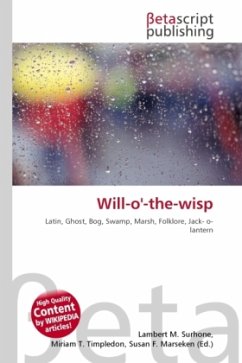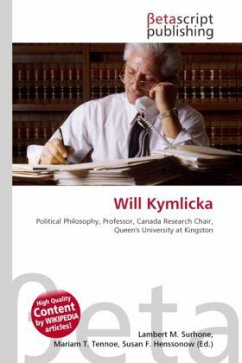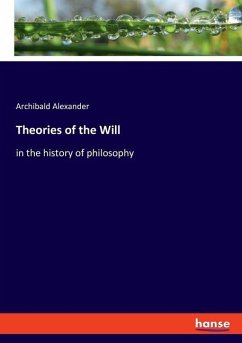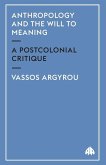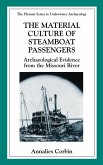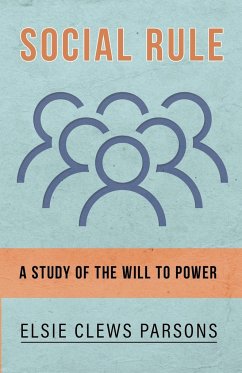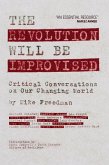High Quality Content by WIKIPEDIA articles! The term will-o'-the-wisp comes from wisp, a bundle of sticks or paper sometimes used as a torch, and the name Will; thus, "Will of the wisp (or torch)." The term "Jack-o-lantern" ("Jack of the lantern") was originally synonymous with "will-o'-the-wisp." In fact the names "Jacky Lantern" and "Jack the Lantern" are still present in the oral tradition of Newfoundland. These lights are also sometimes referred to as "corpse candles" or "hobby lanterns", two monikers found in the Denham Tracts. In the United States, they are often called spook-lights, ghost-lights, or orbs by folklorists and paranormal enthusiasts. Sometimes the phenomenon is classified by the observer as a ghost, fairy, or elemental, and a different name is used. Briggs' A Dictionary of Fairies provides an extensive list of other names for the same phenomenon though the place they are observed (graveyard, bogs etc.) influences the naming considerably.
Bitte wählen Sie Ihr Anliegen aus.
Rechnungen
Retourenschein anfordern
Bestellstatus
Storno

